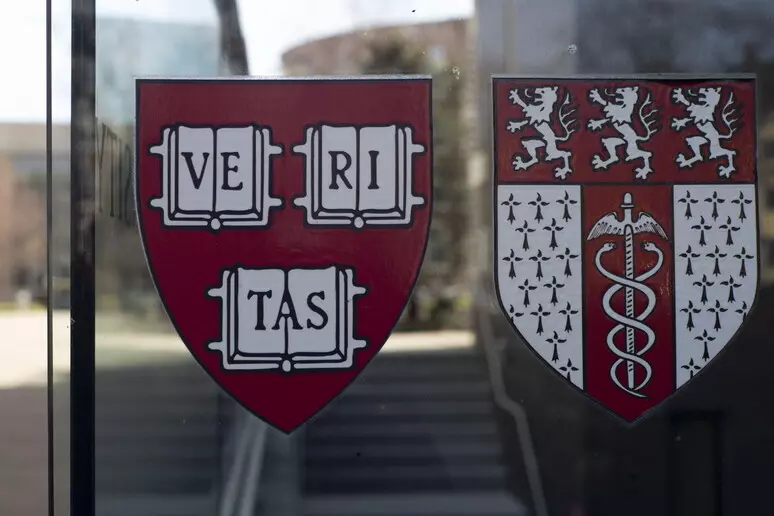The State Department is restarting student visa interviews while introducing stricter guidelines regarding social media, including requiring all applicants to set their accounts as public. This will allow officials to check for posts or content hostile to the US.
The decision comes after visa appointments for foreign students were suspended last month, in what US officials described as part of a campaign against universities that allegedly fomented anti-Semitism and other national security concerns.
The new verification procedures will apply to all foreign nationals applying for F visas, intended primarily for university students; M visas, for vocational students; and J visas, for cultural and educational exchanges. Critics have expressed concern that the new selection procedures will send an unwelcoming message to prospective international students, and will be a real political test case for applicants.
As communicated by the State Department, while agency members will review student profiles, they will have to try to “identify applicants who bear hostile attitudes toward our citizens, culture, government, institutions, or founding principles; who advocate for aid, or support designated foreign terrorists and other threats to US national security; or who perpetrate unlawful antisemitic harassment or violence.”
“I don’t think any American would want to be judged by their worst tweet,” said Stuart Anderson, executive director of the National Foundation for American Policy, a nonpartisan think tank, “Historically, we’ve not been critiquing people’s views before they come here.”
To justify the expanded controls, the State Department cable cited two executive orders from President Donald Trump, one aimed at preventing hostile foreign actors from entering the country and the other aimed at combating anti-semitism.
The cable also stated that it is important to protect American institutions of higher education from those who would steal technical information, exploit US research and development, and spread false information for political or other reasons.
However, the introduction of the new procedure will be a serious burden on consulates, greatly slowing down the paperwork itself. Jill Allen Murray, deputy executive director for public policy at the “NAFSA: Association of International Educators,” also added that the temporary stop to visas has already harmed international students and the university communities that depend on their presence, and explained that these alumni and researchers are already among the most closely monitored visitors to the United States.












